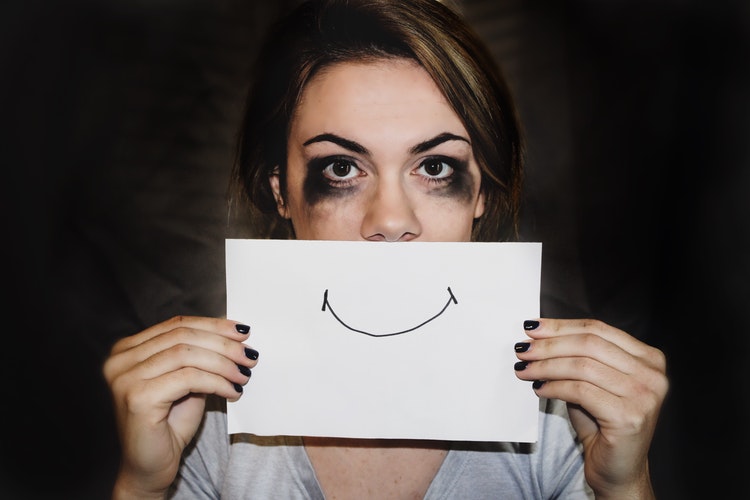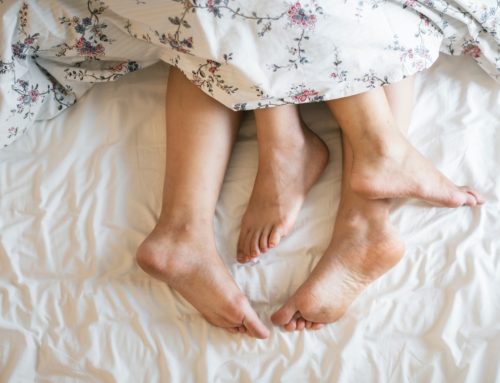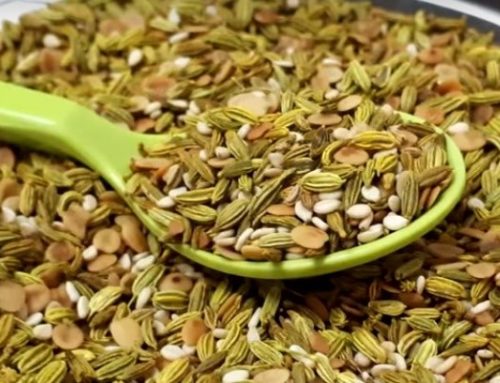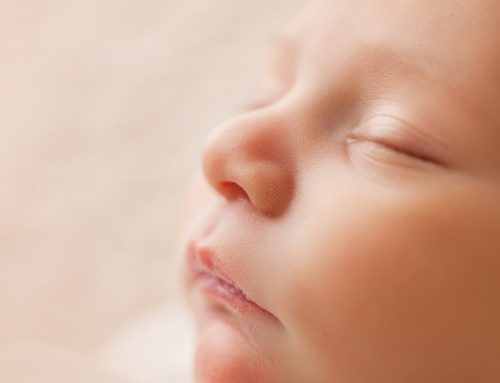Postpartum depression, a type of mood disorder, is common but often ignored/undetected condition in females post delivery. Ignorance about PPD is prevalent. Also, it has a social stigma attached to it.
This guest post is from Vaidehi Dongre, a mother of two kids, who faced postpartum depression and fully recovered from it. A person admired for multitasking abilities and cooking by her friends and colleagues, she works full time and loves being a Mommy to her two beautiful kids.
Excitement and preparation before childbirth
From the moment husband and I found out we were pregnant till our baby arrived, we went on a virtual roller coaster of emotions. We were super happy, overwhelmed, excited, anxious and sometimes all at the same time!
We live in the US. It was going to be just my husband and me to tend to our baby. Neither of our mothers was there to help us (I am bereaved of my mother, and medical reasons restricted my mom-in-law to travel from India to the US). Also, the place we lived at that time had limited options for Indian food services or nannies who could work full time. We knew it would be tricky to balance a full-time job with childcare. So we planned in details on how to manage our respective jobs, domestic chores and baby duties after baby’s arrival. Friends and family provided timely suggestions to prepare for baby’s arrival.
I had pre-term labour condition which had led to early labour, several trips to the hospital in a state of panic and an emotionally exhausted state of my mind!
Our bundle of joy arrived but why was I not happy
When baby S was born, I thought I got it all; a healthy baby, early labour but smooth vaginal delivery, a supportive husband and the excitement of being a mother. The focus of our life shifted on this tiny person. In the initial weeks after delivery, I used to be lost and exhausted. I wasn’t quite sure I could handle this responsibility. In spite of all the planning, I felt overwhelmed with childcare, and the 180 degrees turn my life had taken. Four weeks after delivery, I wasn’t exactly happy.
I was mortified to admit, even to myself, that I felt overwhelmed and unhappy most of the time. Every maternity book/site will tell you that life changes after baby’s arrival. But the intensity of the change hit me sharply. The overwhelming feeling engulfed me to the extent that, at 8-10 weeks postpartum, I completely stopped caring for myself or the things around me. Fortunately, in spite of feeling so low, I ensured I gave required maternal care and attention to my baby.
Diagnosis of my PPD
Extreme weight loss during the first 8 weeks postpartum prompted a visit to my OB/GYN. She did routine tests and enquired about my wellbeing. When she realised my issues were possibly beyond physiological, she asked me to take a test. Results from the test concluded I was suffering from postpartum depression! Postpartum depression, medically speaking, is a type of mood disorder related to childbirth. You can read more about PPD here.
Later that day, my blood reports showed low thyroid which explained the extreme weight loss. There is some research which indicates that thyroid imbalance can lead to PPD. Let me add that I have always had anxiety issues (I am a stickler for time and tidiness; so I get worked up with delays and untidiness). And someone with anxiety issues can be prone to PPD.
Denial came first
Post-diagnosis, I came home with my head spinning. I was a 28-year-old first-time mother who has always been active, healthy and happy (okay I did get anxious at times, but it was mostly worrying about everyday stuff). How could I possibly be depressed? I shared the diagnosis with my dad and my husband. Both of them blithely discarded it. “PPD is not real, it’s only in my head” is what they thought.
Initially, in denial and somewhat shameful, my PPD diagnosis temporarily affected my connection with my baby and my family. I even stopped calling my relatives in India with whom I share a close bond since childhood.
Fortunately, my PPD or its diagnosis didn’t affect my breastmilk supply. But the effects of PPD vary from one individual to other and can also affect breast milk supply.
The worst was yet to come
Soon after my diagnosis, my 12 weeks of maternity leave ended. On the day of resuming work post maternity leave, I got the pink slip. I was one of the millions who lost jobs in the recession of 2008. Since the time I started working post my graduation, work has been a big part of my personality. Losing my job shattered me, and I fell deeper into the abyss.
I reached out for help … with some shame
I was ashamed to reach out to my family and friends for help. In desperation, and luckily for my baby and me, I reached out to my OB/GYN. I explained to her every feeling I was experiencing. She had been through PPD. She gave me the strength to recover, making me realise that PPD is not uncommon and is treatable. She gave me great practical pointers to overcome PPD.
My OB had put me on medication for thyroid. I kept up with the medicine and followed my OB/GYN’s advice to pick up myself. I started exercising regularly. Also, 2-3 days a week I would venture away from my baby, alone or with husband, for a couple of hours. It would be for grocery shopping or getting a haircut or just a stroll outside. Some disconnect from the baby helped to reduce the constant overwhelming feeling. It also gave me a chance to miss baby S.
My OB/GYN gave valuable advice which guided me through the recovery: I didn’t get to this place in a day, I wouldn’t get out of it in a day either; so I and people around me will have to be patient with the situation.
Recovery from PPD was slow
I worked on my recovery one day at a time. Once my baby was 4-5 months old, he slept a little better. That gave me time to read. I also started blogging and occasionally went out for lunches with friends. However, none of it was easy. Every morning I would encourage myself “to pick myself up a little more from the previous day and move forward”.
With the onset of spring/summer, things got better. I could hang out in the yard, and baby S also enjoyed going to parks or for strolls.
By the time baby S was about 9 months old I had stopped my thyroid medication. I was feeling a lot normal. My bond with baby S was becoming stronger. My maternal duties, though taxing, did not leave me overwhelmed anymore.
I went back to work when S was 18 months old. My baby gave me the strength to juggle my job and domestic responsibilities without getting anxious or unhappy. More importantly, I was enjoying my motherhood.
Second time wiser
When I got pregnant again, 3 years after baby S’s birth, I and my husband mutually agreed that I wouldn’t quit working. Our top priority was to ensure that both kids got the best childcare within our means. Our family was not around to help. We were unable to find a nanny to work full time. So daycare was our best option.
We planned out our routines post maternity leave and discussed in details how to manage work and babies. Even during my maternity leave, I made sure I carved out some time for myself. With two kids it is challenging but doable. My experience had taught me the importance to disconnect for short duration from maternal duties to recharge myself. It helps to connect well with the baby.
Valuables lessons I learnt from postpartum depression
PPD was a low phase of my life. But it taught me valuables lessons. In hindsight, my biggest mistake was not to share my emotional upheaval with people I trusted. I was ashamed, feared being judged and was obstinately determined to deal with PPD all alone.
My post-partum depression was a result of physiological conditions intertwined with the psychological situation. Our body goes through many changes in 9 months of pregnancy. While we engross ourselves in things like baby’s name, clothes, nursery etc., no one prepares us for the psychological challenges motherhood can bring. Parenthood brings with it a great joy and a fair share of difficult times too.
The baby changes the dynamics of our relationships and lifestyles. He will hijack every single living moment for the next many years! Motherhood is a beautiful gift and undoubtedly the most cherished experience I have had to date. But I feel as women we should not be pushed to make it our only identity. Such pressure can invariably lead to daunting expectations from oneself. And when we cannot meet these expectations, we may push ourselves into melancholy.
Mother’s well-being is essential for the baby. Only a happy mom can raise a happy kid! While being a mother is a 24X7 job for the rest of your life for the rest of your life, disconnecting from maternal duties for short duration is vital for a mother to recharge herself. “Me time” is not a luxury but a necessity.
Postpartum depression is treatable
I am sharing my journey through postpartum depression to raise awareness about it. PPD is a common and often undiagnosed condition. Like me, many women do not want to talk about it. Or even worse accept that they have a problem. And unfortunately untreated or undiagnosed PPD can lead to severe problems.
Some amount of anxiety, frustration, unhappiness is reasonable during the initial period of childcare. But if you are constantly overwhelmed/sad/unhappy postpartum, seek help. Acceptance of your condition is the key to recovery. And the good news is that PPD is treatable. With the right guidance and timely support, anyone can overcome it. If I can come out of it, so can you.






With thanks! Valuable information!